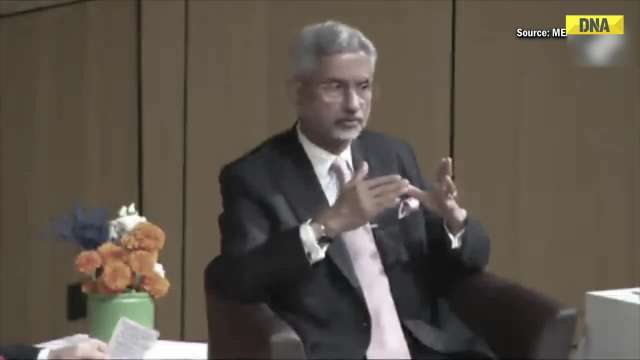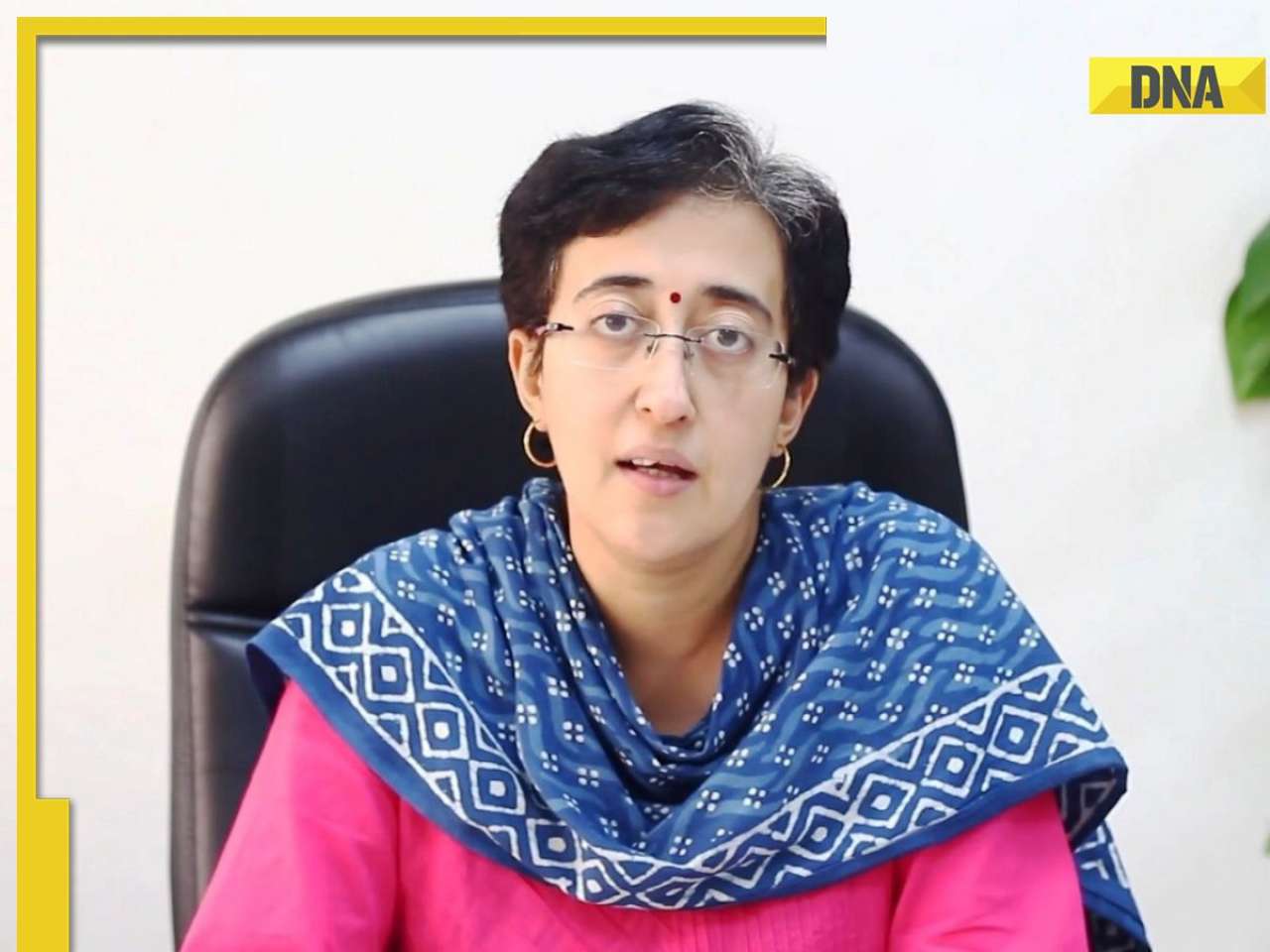China's drive to promote clean coal technology is unlikely to reduce significantly the health risks of extracting what remains the dirtiest of fossil fuels, environmental group Greenpeace said.
China's drive to promote clean coal technology is unlikely to reduce significantly the health risks of extracting what remains the dirtiest of fossil fuels, environmental group Greenpeace said.
A report released by Greenpeace and the China Disease Control Centre said huge rates of coal consumption were a factor behind an increase in cancer and birth defects as well as non-specific and chronic nervous, immune and respiratory illnesses.
Coal-fired power plants contribute three quarters of China's total electricity needs, but also around 70% of energy sector air pollution.
The government has been studying how to reduce its toxic effects, but "clean coal" remains a misnomer, said the group's China campaign manager, Yang Ailun.
"There are many coal power plants saying they are now 'clean' but there are a lot of misunderstandings -- coal creates pollution and clean coal is impossible," she said.
She said efforts to promote low-emission technology like highly efficient ultra-supercritical (USC) boilers or CO2-stripping carbon capture and storage (CCS) would not address health and environmental issues that arise from burning coal.
The report, issued on Friday, said coal produces 80% of carbon dioxide emissions, the main cause of global warming.
Yang said China has controlled sulphur dioxide and may impose restrictions on CO2, but has not addressed other pollutants.
China's Ministry of Environmental Protection is revising atmospheric emission standards from thermal power plants, and restrictions on nitrogen oxides and breathable particulate matter could be imposed by next year.
But the industry has been lobbying for more government backing. Many in the sector also urge the United Nations to allow technologies like CCS to receive support from the clean development mechanism (CDM).
The CDM, which enables industrialised countries to invest in clean projects in the developing world in exchange for carbon credits, already supports coal efficiency projects. Yang said CDM financing should be restricted to projects like wind and solar.
China has made progress in commercialising USC boiler technology, but the feasibility of other technologies, like CCS, remains in question and they are not likely to get substantial backing in the 2011-2015 five-year plan.
Nor will the coal sector benefit from a 5 trillion yuan ($735 billion) investment package in new energy to increasing the share of non-fossil fuel energy in the overall energy mix to 20% by 2020, from 9 percent at present.
Fatih Birol, chief economist with the International Energy Agency, told Reuters last Friday that the aim of the programme was to reduce the share of coal.
"Of course it will be very good if efforts continue and if there will be investment in the clean coal technologies but I think looking at the programme now it is more about diversifying China's electricity generation mix and decarbonising."
![submenu-img]() Lunar Eclipse 2024 today: Do's and dont's to follow during Chandra Grahan
Lunar Eclipse 2024 today: Do's and dont's to follow during Chandra Grahan![submenu-img]() DNA TV Show: SC halts bulldozer justice, orders no demolitions without its permission
DNA TV Show: SC halts bulldozer justice, orders no demolitions without its permission![submenu-img]() Vicky Vidya Ka Woh Wala Video director Raaj Shaandilyaa on allegations of film being copied from Hollywood hit Sex Tape
Vicky Vidya Ka Woh Wala Video director Raaj Shaandilyaa on allegations of film being copied from Hollywood hit Sex Tape![submenu-img]() Dalljiet Kaur slams estranged husband Nikhil Patel after photos of him wearing new engagement ring: 'Sick mentality'
Dalljiet Kaur slams estranged husband Nikhil Patel after photos of him wearing new engagement ring: 'Sick mentality'![submenu-img]() Meet brother-sister duo, who runs companies worth crores as CEOs, they are from...
Meet brother-sister duo, who runs companies worth crores as CEOs, they are from...![submenu-img]() One Nation One Election: मोदी सरकार का बड़ा फैसला, 'वन नेशन वन इलेक्शन' प्रस्ताव कैबिनेट से पास
One Nation One Election: मोदी सरकार का बड़ा फैसला, 'वन नेशन वन इलेक्शन' प्रस्ताव कैबिनेट से पास ![submenu-img]() सुनीता केजरीवाल को नहीं बनाया CM, आतिशी को मुख्यमंत्री बनाने के पीछे क्या है अरविंद केजरीवाल का 'मास्टरस्ट्रोक
सुनीता केजरीवाल को नहीं बनाया CM, आतिशी को मुख्यमंत्री बनाने के पीछे क्या है अरविंद केजरीवाल का 'मास्टरस्ट्रोक![submenu-img]() केंद्रीय मंत्री Ravneet Bittu के Rahul Gandhi को आतंकी कहने पर बवाल, कांग्रेस का जोरदार प्रदर्शन
केंद्रीय मंत्री Ravneet Bittu के Rahul Gandhi को आतंकी कहने पर बवाल, कांग्रेस का जोरदार प्रदर्शन![submenu-img]() सावधान! दुनिया के 27 देशों तक फैला Corona का नया XEC वेरिएंट, जानें क्या हैं इसके लक्षण
सावधान! दुनिया के 27 देशों तक फैला Corona का नया XEC वेरिएंट, जानें क्या हैं इसके लक्षण![submenu-img]() Priyanka Chopra ने सरेआम पति Nick संग किया ऐसा काम, देख बेटी Malti ने बंद कर ली अपनी आंख
Priyanka Chopra ने सरेआम पति Nick संग किया ऐसा काम, देख बेटी Malti ने बंद कर ली अपनी आंख![submenu-img]() Ford to return to India after 2 years with reopening of....
Ford to return to India after 2 years with reopening of....![submenu-img]() Maruti Suzuki launches new Swift CNG, check price, mileage, other features
Maruti Suzuki launches new Swift CNG, check price, mileage, other features![submenu-img]() ‘30 LPA, 3BHK, no in-laws’: Woman earning Rs 1.32 lakh salary lists demands for future husband, netizens say...
‘30 LPA, 3BHK, no in-laws’: Woman earning Rs 1.32 lakh salary lists demands for future husband, netizens say...![submenu-img]() In a big EV push, Centre launches Rs 10900 crore PM E-Drive scheme to replace…
In a big EV push, Centre launches Rs 10900 crore PM E-Drive scheme to replace…![submenu-img]() World’s longest car has helipad, swimming pool, mini-golf course, can seat over…; it cost…
World’s longest car has helipad, swimming pool, mini-golf course, can seat over…; it cost…![submenu-img]() Meet India's first billionaire, who controlled 25% of world's GDP, had 50 Rolls-Royce, way richer than Mukesh Ambani
Meet India's first billionaire, who controlled 25% of world's GDP, had 50 Rolls-Royce, way richer than Mukesh Ambani![submenu-img]() IAS vs IPS: Who earns more? Differences in power, role, responsibilities
IAS vs IPS: Who earns more? Differences in power, role, responsibilities![submenu-img]() Meet boy who got record-breaking salary package from Google, was former Amazon employee, not from IIT, IIM…
Meet boy who got record-breaking salary package from Google, was former Amazon employee, not from IIT, IIM…![submenu-img]() Meet man who became IPS, then cracked UPSC to become IAS officer with AIR 52, is now DM of...
Meet man who became IPS, then cracked UPSC to become IAS officer with AIR 52, is now DM of...![submenu-img]() Meet PHD wife of IIT graduate hired at Rs 100 crore salary but was fired within a year, he is now...
Meet PHD wife of IIT graduate hired at Rs 100 crore salary but was fired within a year, he is now...![submenu-img]() Kolkata Doctor Case: Protesting Doctors React After CBI Arrests Sandip Ghosh And Abhijit Mondal
Kolkata Doctor Case: Protesting Doctors React After CBI Arrests Sandip Ghosh And Abhijit Mondal![submenu-img]() Nitin Gadkari: Union Minister Nitin Gadkari Reveals He Was Offered Support For PM Post But Declined
Nitin Gadkari: Union Minister Nitin Gadkari Reveals He Was Offered Support For PM Post But Declined![submenu-img]() Kolkata Doctor Case: Junior Doctors Protest For 5th Night As Talks With CM Mamata Fail Again
Kolkata Doctor Case: Junior Doctors Protest For 5th Night As Talks With CM Mamata Fail Again![submenu-img]() Muslim Sculptor Crafts Tiny Ganesh Idols On Pencil Graphite #shorts #viralvideo #ganesh
Muslim Sculptor Crafts Tiny Ganesh Idols On Pencil Graphite #shorts #viralvideo #ganesh![submenu-img]() Jaishankar: EAM Dr. S. Jaishankar On India-China Relations & Disengagement Problems | Ladakh
Jaishankar: EAM Dr. S. Jaishankar On India-China Relations & Disengagement Problems | Ladakh![submenu-img]() Meet brother-sister duo, who runs companies worth crores as CEOs, they are from...
Meet brother-sister duo, who runs companies worth crores as CEOs, they are from...![submenu-img]() Ratan Tata, Dhirubhai Ambani, Adani and more: Know first jobs of India’s most successful Indians
Ratan Tata, Dhirubhai Ambani, Adani and more: Know first jobs of India’s most successful Indians![submenu-img]() Meet woman, who is part of Rs 1257006 crore group, holds key position, she is Ratan Tata's...
Meet woman, who is part of Rs 1257006 crore group, holds key position, she is Ratan Tata's...![submenu-img]() Meet man, who lives in 2BHK flat in Mumbai, doesn't use any mobile, he is Ratan Tata's...
Meet man, who lives in 2BHK flat in Mumbai, doesn't use any mobile, he is Ratan Tata's...![submenu-img]() Amazon ends work from home, asks employees to return to office from...
Amazon ends work from home, asks employees to return to office from...![submenu-img]() From Triptii Dimri to Rashmika Mandanna and Sanvikaa: 7 'national crushes of India' who floored audiences in 2024
From Triptii Dimri to Rashmika Mandanna and Sanvikaa: 7 'national crushes of India' who floored audiences in 2024![submenu-img]() This film was made in Rs 80 crore, actress scolded star kid while filming intimate scene; movie flopped, earned just...
This film was made in Rs 80 crore, actress scolded star kid while filming intimate scene; movie flopped, earned just...![submenu-img]() India’s richest child actor has net worth of Rs 8 crore, owns Rs 40-lakh luxury car, but nobody knows her 'real age'
India’s richest child actor has net worth of Rs 8 crore, owns Rs 40-lakh luxury car, but nobody knows her 'real age'![submenu-img]() 32-year-old superstar forcibly kissed 15-year-old co-star; left her traumatised, crying; later laughed about it saying..
32-year-old superstar forcibly kissed 15-year-old co-star; left her traumatised, crying; later laughed about it saying..![submenu-img]() Atishi is new Delhi CM: Know who was Delhi's first woman CM
Atishi is new Delhi CM: Know who was Delhi's first woman CM![submenu-img]() Assam's online trading scam: Actress Sumi Borah, her husband Tarkik Borah sent to judicial custody
Assam's online trading scam: Actress Sumi Borah, her husband Tarkik Borah sent to judicial custody![submenu-img]() PM Modi to visit US from Sep 21 to 23 for Quad and UN summits
PM Modi to visit US from Sep 21 to 23 for Quad and UN summits![submenu-img]() Atishi's net worth: Know assets owned by Delhi's next CM
Atishi's net worth: Know assets owned by Delhi's next CM![submenu-img]() Thane Biggest Builders RK Builders and DHL Group Join Forces for Maharashtra’s Largest BTS Warehouse
Thane Biggest Builders RK Builders and DHL Group Join Forces for Maharashtra’s Largest BTS Warehouse![submenu-img]() Atishi to become Delhi CM: Know why she dropped her second name ‘Marlena’
Atishi to become Delhi CM: Know why she dropped her second name ‘Marlena’














































)
)
)
)
)
)
)
)
)
)
)
)
)
)





)
)
)
)
)
)